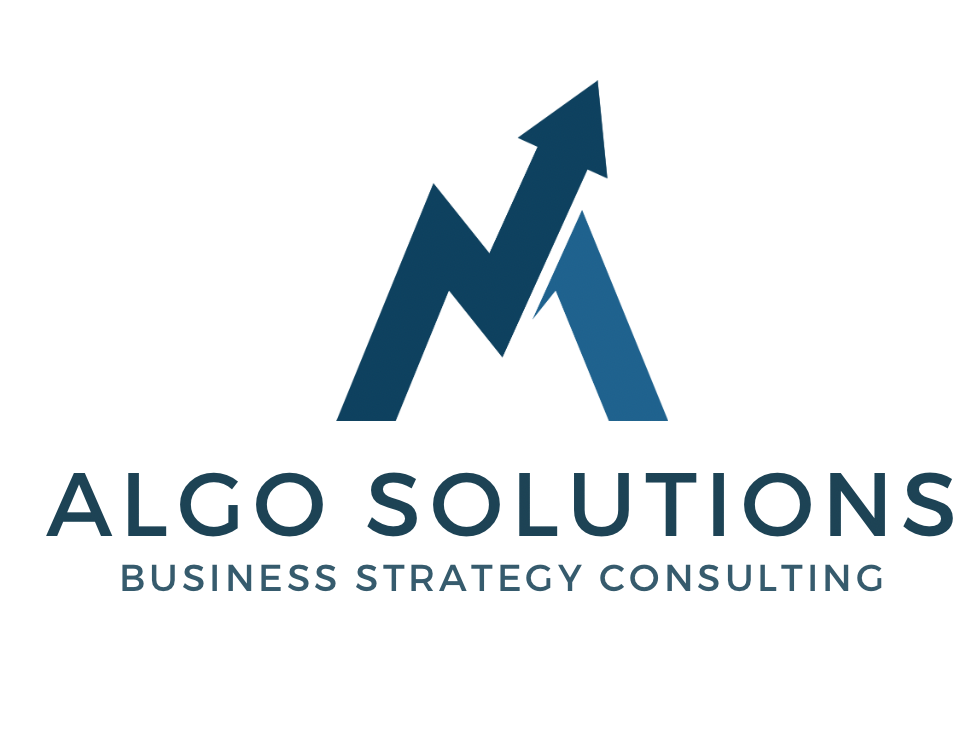Software Selection Cosulting and Vendor Evaluation
Enterprise resource planning (ERP), customer relationship management (CRM), supply chain management (SCM), and human resource/human capital management (HCM) systems have all promised significant benefits. Today, few businesses can survive without implementing enterprise software functionality and capabilities.
Organizations no longer need to build large custom systems for the majority of applications. Commercial software is now available for both horizontal applications such as accounting systems, enterprise resource planning (ERP) systems, and customer relationship management (CRM) systems, as well as industry-specific systems in nearly every industry sector.
Obstacles in System Selection
Evaluation, selection, and implementation of a new enterprise system, on the other hand, are becoming increasingly difficult. The underlying technologies are undergoing evolution. While some systems appear to be a good fit on the surface, they may not be the best fit for certain industries. Others may lack future flexibility. Others may be excessive for small and medium-sized businesses. It is also necessary to consider the vendor’s viability, the software’s reliability, and the ease of implementation.
Finally, since the turn of the millennium, there have been numerous mergers and acquisitions among enterprise software vendors, and it is not always clear whether a particular system is truly part of the surviving vendor’s future product roadmap. This is especially true when evaluating solutions from large acquirers such as Oracle, SAP, Infor, Microsoft Dynamics, Sage, Epicor, and Aptean.
Cloud-based systems complicate the decision further. Is the vendor’s cloud-based enterprise resource planning (ERP) solution truly software as a service (SaaS)? Or is it simply that the vendor’s traditional on-premises ERP is now available as a managed service hosted in a hosted data center? And what difference does it make? How do cloud-based solutions such as Salesforce.com, Workday, Oracle NetSuite, Plex, FinancialForce, Sage Intacct, and Acumatica stack up against traditional vendors that offer cloud-based versions of their products?
Choosing the appropriate enterprise system requires a systematic approach that includes assessing business processes, developing a business case, analyzing critical requirements, screening vendors, and organizing demonstrations. However, who possesses the necessary experience, time, resources, and tools to do it properly?
Our Process for Evaluating Software Vendors Is Focused
We are the optimal choice for independent enterprise software selection and vendor evaluation consulting. Our methodology is based on the following principles:
- Creating a vision for the future. The new system should not simply replicate established business practices. Our methodology begins with business process framing, which involves assessing current business processes, comparing them to best practices, determining how the business is changing, and determining what the new system must do to support the future business.
- Concentrate on critical issues rather than a lengthy RFP. Our software selection consultants focus on differentiators when they analyze your business: the characteristics that distinguish your organization from others and the characteristics that distinguish enterprise software vendors from one another. We compile these into a succinct Request for Information (RFI) that we use to begin the vendor qualification process. The Request for Proposal (RFP) is issued near the conclusion of the process, after the finalists have been determined.
- Efficiently reducing a long list to a manageable size. Numerous purchasers make the error of beginning their software selection projects by speaking with vendors. On the other hand, our software selection consultants narrow the list of candidate vendors through a three-step qualification funnel that gets you to the right solution without requiring excessive time from your project team.
- Conducting evaluations of implementation consultants and software vendors. Too many software projects fail not because the customer selects the incorrect system, but because the implementation consulting firm is incompetent. Our vendor introduction and reference-checking phases ensure that you not only have the right system, but also the right consultants to implement it.
- Complete and absolute independence. Because we do not sell software or partner with technology vendors to provide implementation services, our software selection consultants maintain the objectivity and independence necessary to provide objective advice. We are seated exclusively on your side of the table.
- There are no potential conflicts of interest. Almost every free “software evaluation tool” is actually a marketing website that earns money by selling your contact information to vendors as sales leads. By contrast, we specialize in management consulting and research. We do not generate leads for vendors.
Our software consulting services do not terminate with the selection of a vendor. We can continue our engagement through the implementation of the chosen system using our transition services.
